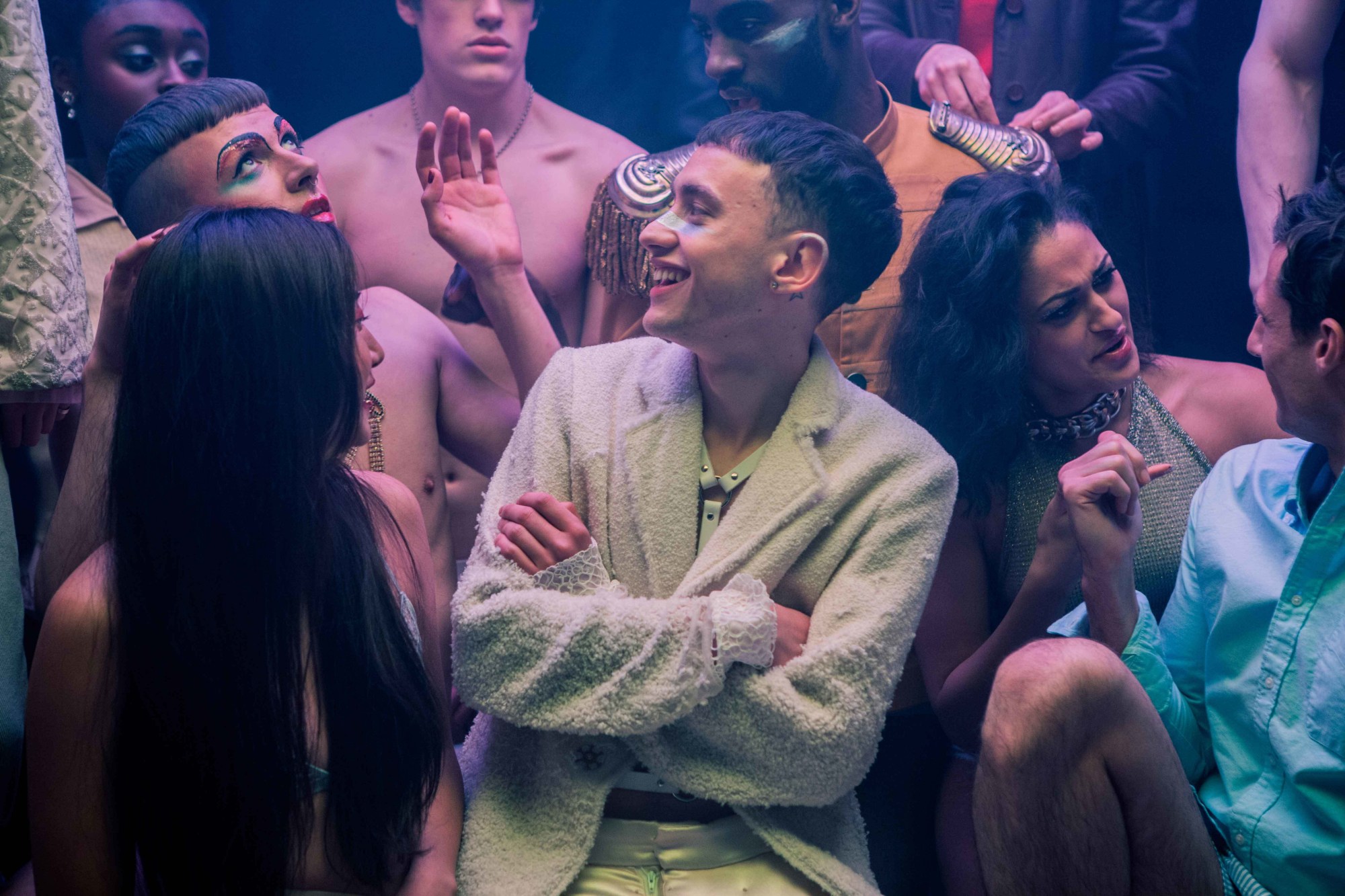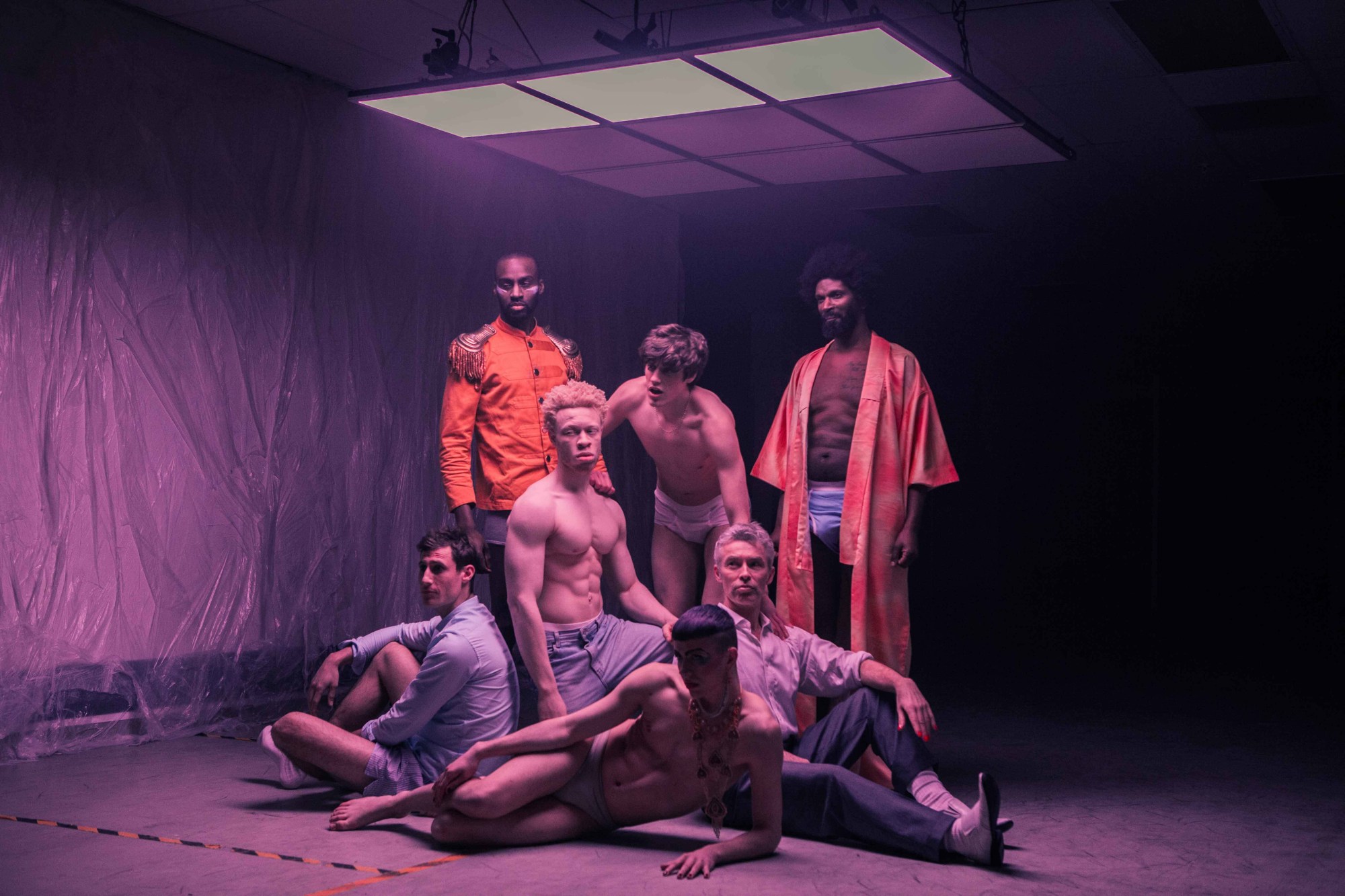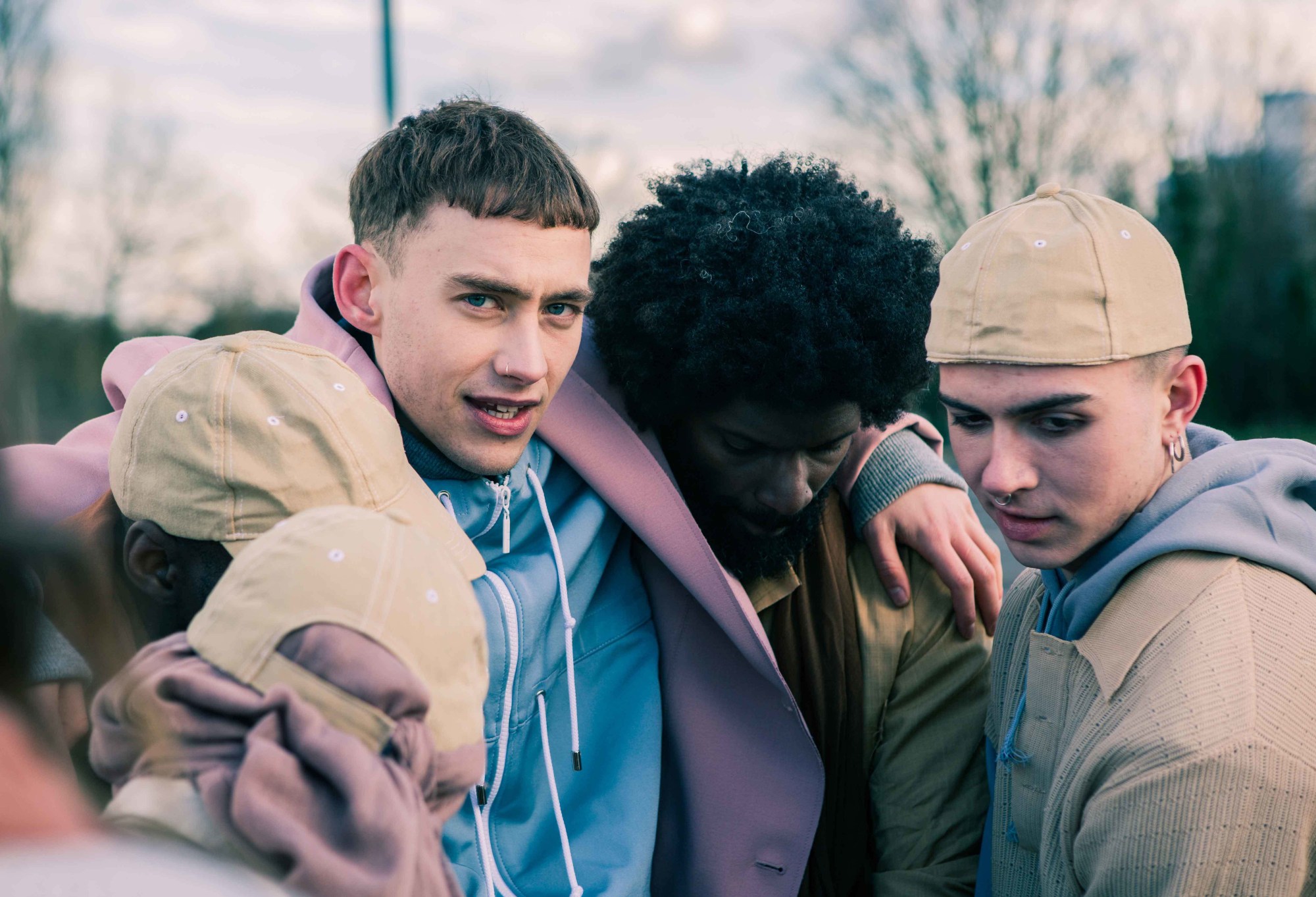Years & Years has made a big noise during its short tenure at the top of the UK charts. Not happy to play by the traditional rules of the music industry, the band’s lead singer, Olly Alexander, has gone on record about a range of issues rarely mentioned by mainstream musicians. Speaking to Owen Jones for the Guardian in January, Olly opened up about the realities of living with depression and anxiety, and “growing up gay in a straight world.” At odds with our dangerous, preconceived notions of success in tandem with mental wellbeing, Olly’s admission marked a watershed moment in the fight for greater visibility for mental health issues, and helped chip away a little further at the veneer of modern “celebrity.”
In another victory for the convention-defying band, Years & Years’ latest video is a tribute to queer identity and a broad spectrum of sexualities. How this remains commendable in 2016 is part of a bigger conversation, but the simple act of Olly kissing another man in the video is nothing but progress in the struggle to demolish the heteronormative conventions of chart music. We spoke to Olly about the video, the realities of being a gay musician in 2016, and where we need to go next.

What kind of message and impression did you want the video to leave?
I didn’t necessarily want there to be a specific message. It’s deliberately narratively ambiguous, so people can try and draw their own kind of meaning from it. The idea simply came from my love of pop music and pop culture, but frustration at always seeing the same hegemonic, masculine guys and feminine women in all videos. I just sort of realized — wait I should just make one for my band, because I’m in a position now where I can do that! I wanted to throw some light on queer identities that don’t normally get any space, especially in the mainstream.
It’s odd that seeing a same-sex kiss in a music video is a political statement in 2016. You say you realized you could just ‘do it’ now, but did it feel like this would be possible at the beginning of your music career?
Well, being in the band has been a political awakening in one sense, because I’ve gained confidence as the band has received so much support. So now I’m responding to that support — I really care about these things, and I know now I should be implementing them in the work I create. But when you first start, well for me anyway, I was just very overwhelmed and didn’t know what the fuck I was doing, so I didn’t think about it in the same way.
Does that mean what you do is sort of defined by being an “LGBT musician”?
Probably, but it doesn’t bother me. People often ask me, “Are you worried you’ll be seen as a gay artist?” and I think, “No, I want to be seen as a gay artist.” As long as your creative output is the best it can be, then that’s all that matters.

Were there any untraditional videos that inspired you when you were younger?
Well, collectively a lot of music videos had an effect on me as a kid; I was always watching The Box and Smash Hits. The Spice Girls, Billie Piper, Madonna — all these female artists were inhabiting their sexuality in their videos, and that was very inspiring for me. But a specific video that resonated with me was The Knife’s “Pass This On.” It’s set in a cabin, and this drag queen is dancing to the song. I just remember there’s a really cute young boy, in a room full of very typically straight looking aggressive looking men, who gets up and dances, and has this amazing sexual chemistry with the woman. It had a really big impact on me.
What do you think we need to see more of in the music industry in order to see a meaningful change in diversity?
I wish I knew the answer. From my quite limited experience in the industry, it has always felt like the most established artists remain at the top, making it so hard for new acts to break through. There’s a really strong alternative, underground scene, we just need to see labels take more risks and sign them. It would be nice to see some more confidence in what the public will accept. I mean, it’s not as if we’ve had some crazy backlash over this video.
There’s a big conversation around gay male musicians and, as demonstrated, there’s been a relative degree of acceptance. But it feels like there hasn’t been the same for degree of mainstream acceptance for gay women. How do you feel about that?
I have this struggle with it because I’m like, am I just perpetuating this white male dominance in the LGBT community? Which I think isn’t helpful all the time. It’s a difficult thing to talk about because we need more representation, but at the same time I would never want to devalue other artists whose work is really brilliant. Getting peoples’ voices heard is really difficult, and there’s this engrained systemic problem that denies opportunity to women and people of color. It’s so engrained, but I think there are slow signs of improvement. The media’s reception to Jess Glynne talking about being with a woman seemed very positive.
